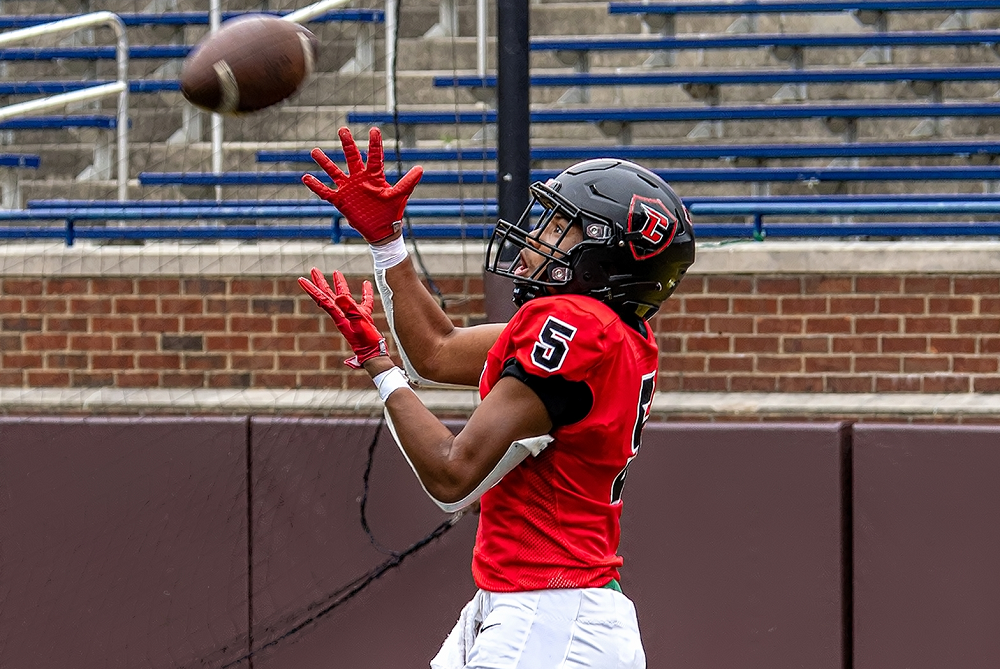
Going on Offense
March 3, 2015
I was a defensive back on my college football team, but I refuse to be put on the defensive about the game of football.
The game is good for students, their schools and our communities. High school football is character-building for students, spirit-building for schools and community-building for cities and towns. Local school football programs ought to be part of the development plans and place-making strategies of all communities of Michigan.
The school-sponsored game has never been safer to play. The equipment has never been more protective, coaches have never had more safety training, the rules have never been more safety-oriented, and game officials have never had more encouragement to enforce those rules. The result is fewer injuries of all kinds – from nicks and bruises to ankles, knees and necks.
When the game of football has faults, we find and fix them. To continue doing so requires that we be honest with ourselves about where the game has weaknesses and be constantly alert to effective ways to improve the game.
Defensiveness gets in the way of discovering ways to go on offense. It blocks innovation and sacks aspirations before they can be launched.
I want our public to know that school-sponsored football is a great game. I also want the public to know that we aspire to keep improving the game and to exceed legal mandates. We will continue to do more than what is required and, in fact, we intend to do what’s unexpected to assure football remains a positive influence on students, schools and communities.

Be the Referee: Football Rules Differences
By
Sam Davis
MHSAA Director of Officials
August 23, 2023
Be The Referee is a series of short messages designed to help educate people on the rules of different sports, to help them better understand the art of officiating, and to recruit officials.
Below is this week's segment – Football Rules Differences - Listen
The first week of the high school football season is always exciting … and sometimes confusing. Here are some – not all – differences between the high school game and what you see on Saturdays and Sundays.
In high school, there is no such thing as an uncatchable ball when judging pass interference. It is a penalty if there is illegal contact, whether the ball is catchable or not.
In overtime, high school teams start with the ball at the 10-year line – not the 25 like in college. And in high school overtime, you are only able to get a first down via penalty. And, at no time is a high school team required to go for two points.
And on extra point plays, if the defense gains possession, the try is over. The defense cannot return the ball for two points.

